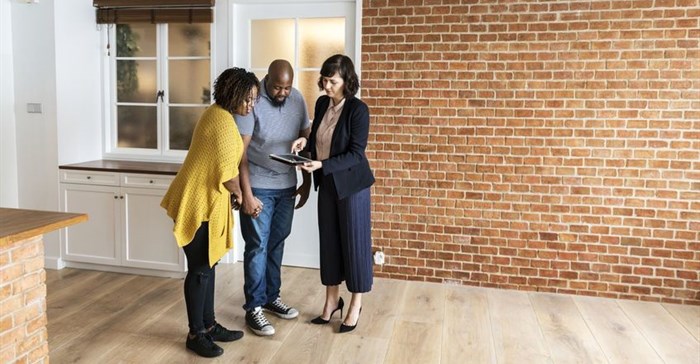No ever asks "why" when someone says they would like to invest in property. It is generally accepted as a good investment and that property will always go up in value.
For the most part, this is true – even property recovering from a recession will almost always enjoy a peak in value higher than any other equivalent peak in history. But true investment takes consideration and if you are getting ready to play the property game, it’s important to start with the right questions.
1. What are you trying to accomplish?
Don’t start by investing for investment’s sake or because it seems like a good deal. Property comes with numerous considerations, costs and peaks and troughs that need to be factored in over the longer term in order to be in any way sustainable. Are you investing in a home to live in and sell off to fund your retirement? Would you like to rent the property? If so, for how long and how much equity will you need? Can you afford to maintain the property over that period without cashing it in? What monthly income would you like to receive from your tenant? Not all good deals will match your personal investment goals, criteria or lifestyle. Start with a plan, then execute it.
2. How good of a deal is it really?
Investment newbies have to be very wary of too-good-to-be-true, once-in-a-lifetime deals. Sure, pure blind luck might be at play but chances are if there is a bargain out there, it rarely stays on the market long before it’s snapped up. Any deal requires investigation, especially the great ones. What are the future plans for the location, for example? Are there occupation or lease issues? Tick all the boxes before pulling out your cheque book. Research is never wasted. Set up ad alerts, reach out to agents that have properties similar to the ones you are interested in, and grab the opportunity when it arrives.
3. How bad of a deal is it really?
Conversely, there is always a reason to convince yourself to skip a deal. Know that there will always be a downside to any investment – the question is whether or not you can live with it or not. What is the absolute worst thing that could happen to the property? Once you have the answer, come up with an exit strategy. For example, if the property doesn’t work out as a rental, can you flip it for profit? Is the market strong enough to sell it and avoid making a loss? Will the land retain its value? Make a pros and cons list and if the balance of pros outweigh the cons, and matches your investment criteria, the deal may very well be worth your while.
4. Is this the best possible price I can get?
Investing for the first time can be a daunting prospect and it’s easy to be dazzled by jargon, graphs and statistics, but market value is very easy to determine. Assess the value on your own. Listen to your estate agents’ or brokers’ advice, but do some research and then listen to your gut. You might come to a different conclusion than someone else with the exact same information would. By no means dismiss the information that other role-players provide you with, but always double-check.
5. How am I going to pay for it?
Don’t leave this question for last. Most people tend to find a deal first, then negotiate, commit and rush off to fund it in a panic, which usually means that you end with fewer options and higher costs. The mortgage is going to be the biggest expense of your investment for years to come, so it’s important to determine how it will play out. Do you want to fix your mortgage? For how long? Do you want to flip or refinance the property in a few years to get some equity back? Do you want to invest cash and get a quick return? Answer these questions as early in the process as possible to draw the maximum benefit.
The difference between a smart investor and a gambler is knowledge. Not an “inside tip”, but posing the right questions to the right people – which includes yourself. Once you know what you are looking for, you will find spotting the right investment becomes a lot easier (and a lot less risky).












































